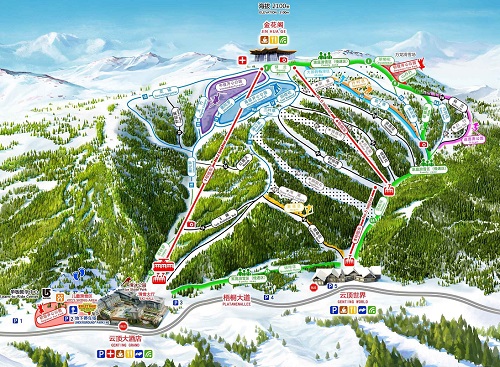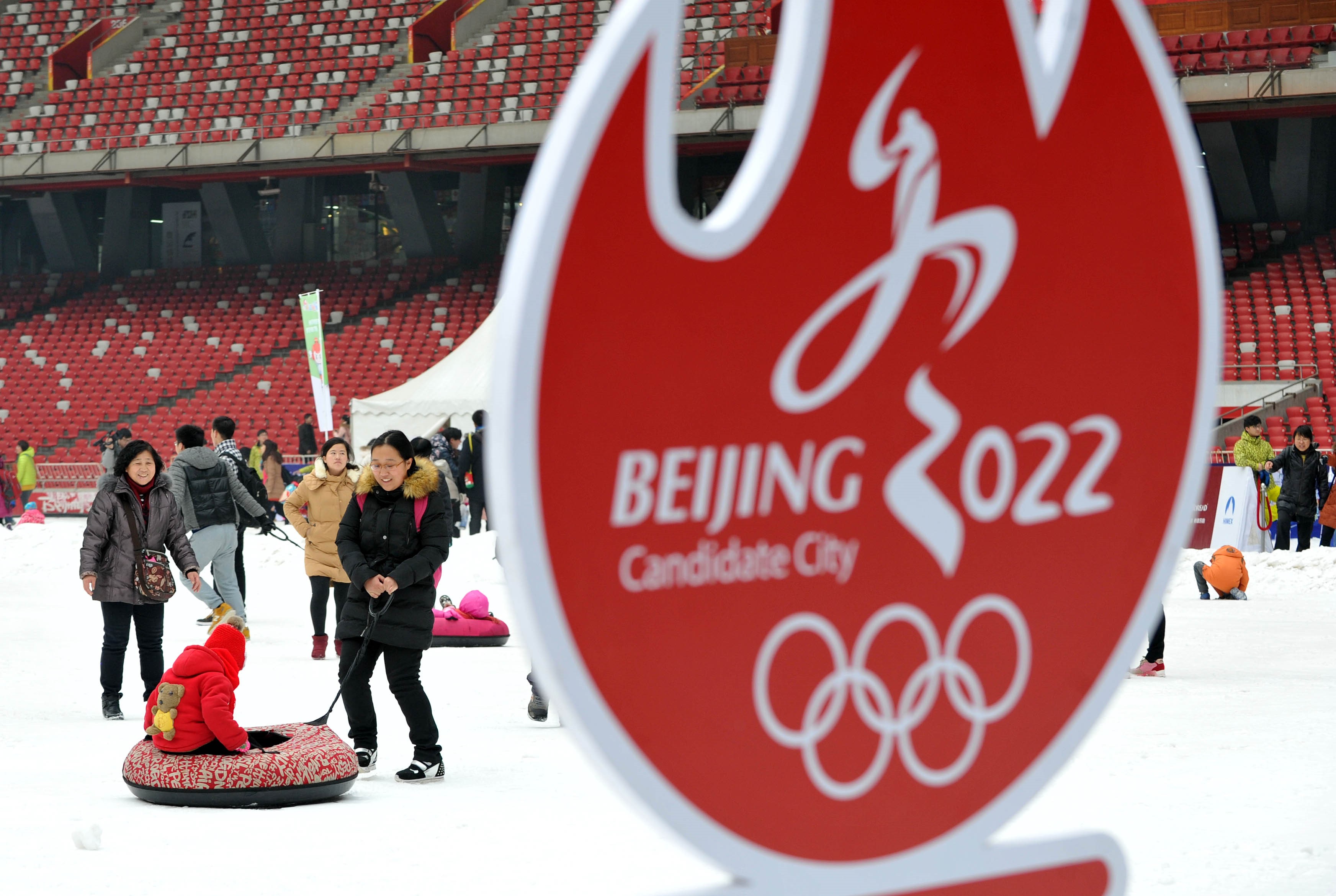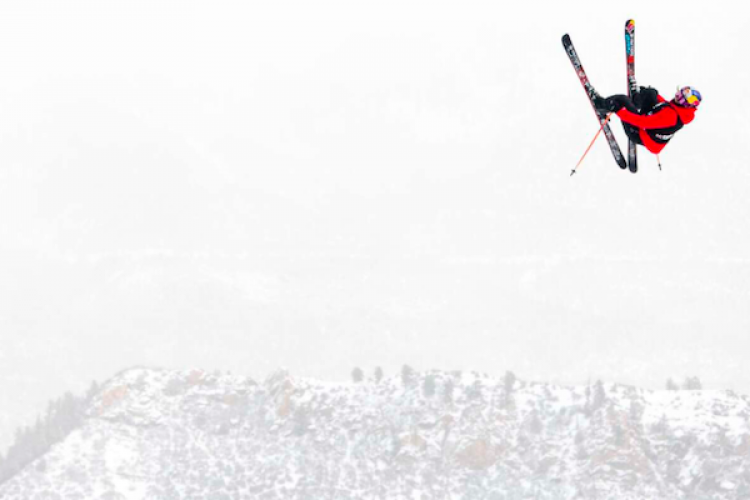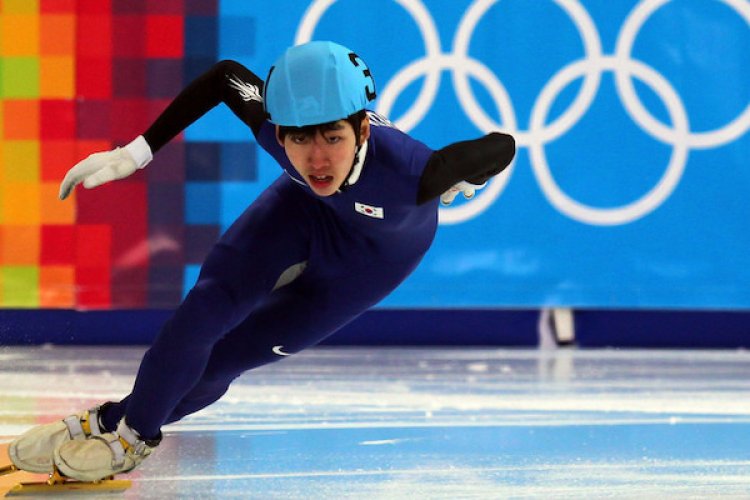Throwback Thursday: The Beijinger Predicts 2022 Bid Victory for Beijing
Throwback Thursday takes a look back into Beijing's past, using our 15 years of blog archives as the source for a glance at the weird and wonderful of yesteryear.
The date: February 26, 2014: A year and five months before the host city 2022 Olympic Winter Games was selected, and our Managing Editor at the time, Steven Schwankert, made the prediction: You Heard It Here First: Beijing Will Host the 2022 Winter Olympic Games
The prediction, as we all know now, was spot on, and now here we are at the cusp of another Olympics opening ceremony in Beijing. The city was considered a long shot at the time -- and here's how Schwankert called it from our blog posted on February 26, 2014:
The afterglow of the Winter Olympics is already starting to fade (except for Canadians) and people are already forgetting how to say "Sochi." Seahawks fans are still partying in Seattle after their Super Bowl win, and in just another week from now, curling will be a joke again until early February 2018 when Olympic fever starts to grip us again ahead of the games in nearby Pyeongchang, South Korea.
Beijingers will remember the Sochi games as opening on what might be the only snowy day of the 2014 winter, and concluding amidst alert-level air pollution. Not exactly the image the city wanted to project as it bids to host the 2022 Winter Olympic Games, in conjunction with nearby Zhangjiakou.
Nevertheless, we're going out on a limb for the city we love: Beijing will win the bid and become the first city ever to host both a summer and winter games.
Not only will Beijing win these Olympics, Beijing must win these Olympics. 2008 went well for Beijing, but unlike Barcelona and Seoul, who transformed their cities and their reputations by hosting the games, Beijing's Olympic legacy has been a few new subway lines and a bunch of disused sports stadiums. While the 2008 games were by most measures a resounding success, Beijing still felt some shame when the air wasn't exactly pristine. The '08 Summer Games made no long-term dent in cleaning up the city's air, and we're sure the powers-that-be will not make the same mistake twice.
Hosting the '22 games will give the city the second chance it needs, and with the vast majority of the citizenry now sensitized to the dangers of air pollution and officials clamoring for long-term change, another shot at the Olympics is likely to be just far away enough and provide just motivation enough to assure that real change has a chance to occur and take root.

Sure, there will be no natural snow (and precious little local water to make it with), but no natural precipitation didn't put a dent in the Sochi games, and water importation for snow-making is a problem Beijing can solve.
Perhaps best of all, the city has most of the facilities already built and a national cash reserve to easily build whatever else it needs.
While oddsmakers put Beijing slightly behind Oslo and even with Almaty in the quest to host the game, we below handicap the field versus other potential host cities and tell you why Beijing will win:
1. Stockholm, Sweden. This one is easy. Stockholm has already dropped out in the face of public opposition to hosting the Games. One down...
2. Oslo, Norway. Norway had a big hit with the 1994 Games in Lillehammer, but is having similar problems to Stockholm, with a majority of Norwegians against hosting the Olympics again, mostly due to concerns over the expenditure. Oslo hosted the 1952 Winter Olympics.
3. Lviv, Ukraine. Yeah, uh, they're having a few problems in Ukraine these days. Good for them if they continue with the bid, but the International Olympic Committee (IOC) does not heart political instability.
4. Almaty, Kazakhstan. God Almaty – the Games will not be in Kazakhstan. Sure, it would be a first to hold an Olympics in a Central Asian country, and there's quite a bit of oil money sloshing around to fund it, but as we saw with the 2000 Olympics, which went to Sydney despite a strong bid from Beijing, the IOC will choose an old favorite over a strong newcomer (otherwise why go back to London?). Maybe someday, but not 2022.
5. Krakow, Poland. This is the one city that could give Beijing a speed-skate for the money. Poland co-hosted a successful Euro 2012 soccer tournament, but that event, like the 2022 Winter Olympics, would be a cross-border shared bid, with a village in Slovakia.
Forget pollution, forget snow. Beijing has one big strike against it as a potential candidate city: the 2018 Games will take place in neighboring South Korea, and the 2020 Summer Games will be in Tokyo. It's not impossible, but that would put three Olympic events in a row on a big time difference from the United States. Why is that important? Because American broadcaster NBC pays for about 20 percent of the Games by itself in exchange for television rights, which means they want American audiences, who will support American advertisers, to be able to watch as many events as possible live. And with a 12-hour difference between China and the US East Coast, that makes for mighty tough live viewing.
Still, no nation has demonstrated its ability to move heaven and earth for a mass athletic event like China did in 2008. And let's face it: you've been humming Beijing Huanying Ni (Beijing Welcomes You) on and off since August 2008 anyway. Beijing 2008 was a wonderful, transformational experience for the city; Beijing/Zhangjiakou 2022 would do wonders for a capital in need of a shot in the arm.
Photo: Daily Telegraph







